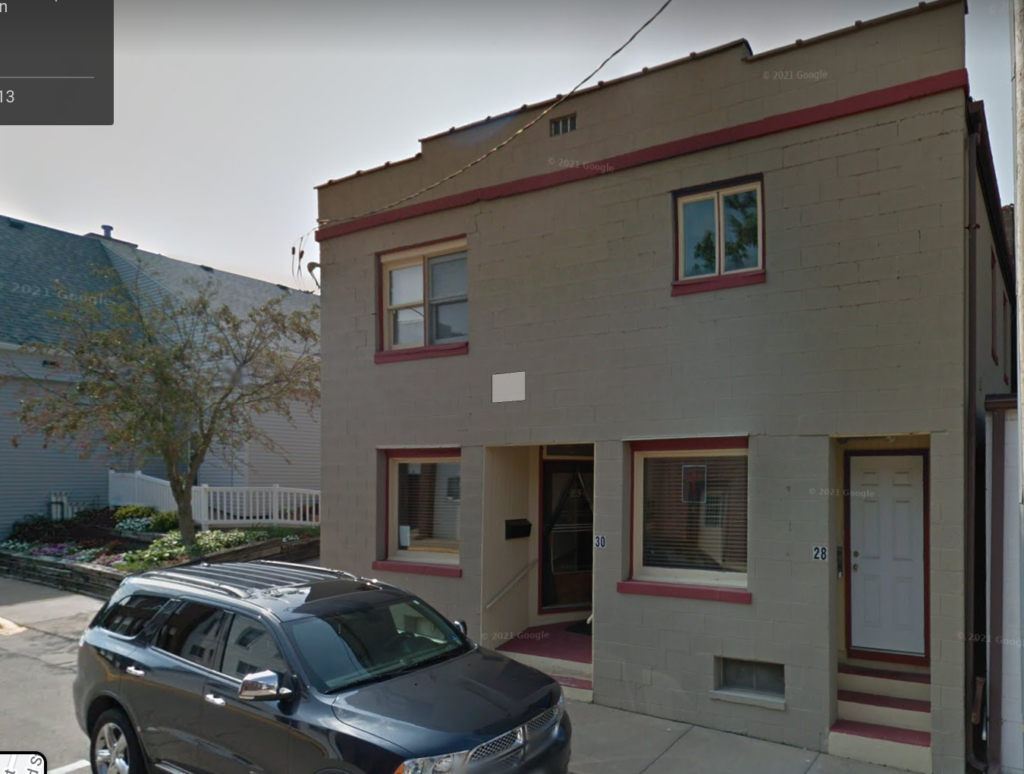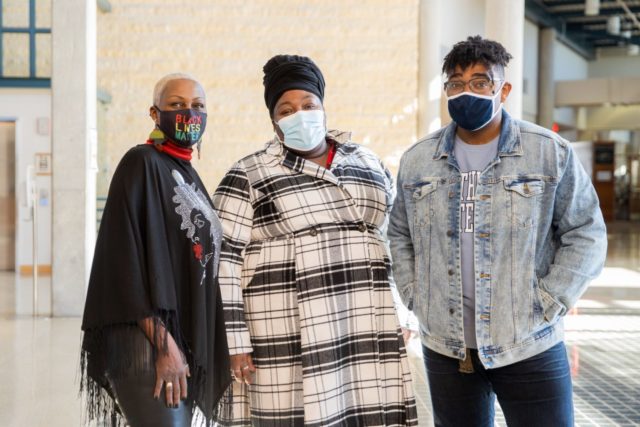Sakara Wages had a plan.
Or rather, a strategy. Living and working in her native Chicago, she needed something different.
“It got to a point where I always sort of desired small town living,” she said in an interview. “And I knew I wanted to go to school. So in my mind I was like, if I put myself in proximity to a university, I can audit classes at or I can meet somebody who can help me get in. Yeah. So putting myself in proximity to a small town school was super important to my strategy.”
That was 2012, and the small town she chose was Platteville, a city of about 10,000 in southwestern Wisconsin and home to one of the University of Wisconsin’s independent four-year campuses.
For two years, she said, she worked about 20 hours a day at three different jobs. She was homeless for a time. She was, as she puts it, “wasting away.”
But the strategy eventually worked. Now, 10 years later, she’s a UW-Platteville graduate and holds a master’s degree in social work from UW-Madison. She’ll soon finish her doctorate. And she’s come back to Platteville to help create community support for the several hundred Black city residents and university students living there. She’s one of the founders of BLKPlattCom, a community organization launched in June 2020 to celebrate and build connections among Platteville’s Black community. Professionally, Wages teaches in the criminal justice department at UW-Platteville and founded Subversive Social Work, a company that does data analysis and consulting for institutions as well as advocacy for individuals and families. She worked with the Progress Center for Black Women in Madison before returning to Platteville.
“What I do is institutional practice. I work at the mezzo and macro levels, where I think about what’s going on in schools in times of oppression, and then how oppression is operating and sort of that institutional level,” she said. “I do evaluation, data analysis, because that’s a part of that accountability piece. Being able to see who’s being served, who’s not being served, whether the program is effective, and for whom. Then we show up advocating on the ground in these systems. I’m really thinking about how local, historical socio-political things happen within a locus. In Platteville specifically – I can’t speak to other places – there’s this effect of gaslighting you. You show up, you’re the only one who’s drawn on your way of seeing the world, and folks sort of make you rethink and question the things that you feel. And so sometimes just having somebody show up with you, and clarify and ask questions … I’ve shown that we show up in schools with police, libraries, just where folks need to be able to access the resources that are due to them, but they aren’t feeling comfortable to do so.”
Understanding the needs of those Black people and their families – many of whom made their way to Platteville from bigger cities like Chicago – has led Wages and her Subversive Social Work team – which includes her mom Carla, now a multicultural student adviser at UW-Platteville, and fellow UW-Platteville alum and instructor Jeremy Payne – to create Our Spot, a community center for “the weirdos.”

“(People have) this idea that when the black students come here, they’re leaving stress and drama and trauma, they get out of the ghetto. But in essence, they’re really leaving resources and richness and love and the things that evoke holistic wellness,” she said. “We sort of try to feel those holes, recognizing that the institution can’t love you.”
Our Spot, located on Bonson Street in downtown Platteville, will be a place where Black, brown, LGBTQ+ and other marginalized folks can just exist and connect with resources when necessary. She noted that the university does have an active Black Student Union and other organizations for marginalized students, but no dedicated space for them.
“Our Spot is a space for marginalized folks. The weirdos. That’s for all of us who are not considered the norm. Our Spot is a space where the norm doesn’t exist, which makes it okay to come in and talk and be and just exist,” Wages said.
The aim is to create an environment where people can let their guard down, identify needs and connect with resources in a way that’s organic with fewer barriers.
“Part of this is creating a space where folks can get their needs met where it’s not institutional, where it’s not, you walk in and you get a clipboard. Where you just walk in and chill and watch TV,” she said. ‘I found that that’s how problems are elicited, when folks sitting around chilling and get comfortable with you, they start telling you what’s going on. It has to be organic to be effective. We’re creating this really homey sort of space and we will have these events to sort of build this community and hope that the community will trust us enough to serve them.”
Funded in part by a Main Street Bounceback Grant from the Wisconsin Economic Development Corporation, Wages expects to host a grand opening for Our Spot in early May. Wages said she’s in the process of registering as a 501(c)(3) nonprofit organization, which can take months, but the effort already has a number of donors. Those interested in supporting Our Spot can donate at the Subversive Social Work website.





























